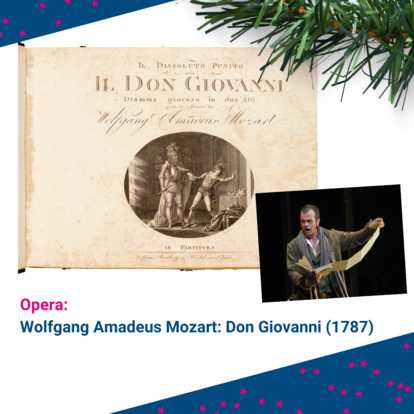Countdown to Christmas
16 - Civility

- Economist Deirdre McCloskey in her book The Bourgeois Virtues: Ethics for an Age of Commerce (2006) has shown that the rise of capitalism and improvement of living conditions that went along with it, were almost necessarily accompanied by the rise of new ways of human conduct. In the old feudal order, hierarchies and privileges led to a condescending ethos of the upper class, which gave most people no chance to realise their economic opportunities. The bourgeois market society sees everyone as a contractual partner and it is in everyone's interest to treat their fellow human beings according to the same rules and with the same respect, and to be open-minded, diligent and tolerant. Economic success has always been associated with greater civility among people. No successful society can function without a minimum level of civility.
- Civilty is often seen as something unfashionable and out-moded by modern commentators. Especially on the left side of the political spectrum it is mostly vilified and treated as an obstacle to full self-realisation. How self-realisation can work, if everyone can treat everyone in an uncivilised way, remains, however, an unanswered question.
- The first comprehensive theory of modern/bourgeois civility was laid out in 1788 in the treatise Über den Umgang mit Menschen (On Human Relations) by Adolph Baron Knigge, who was a radical thinker of the enlightenment and supporter of the French Revolution. He was aware that civility was a progressive way how to overthrow the old regime. We should re-appreciate his work and acknowledge that civility is one of the pillars of a liberal society.

We owe the great music of the opera Don Giovanni to Wolfgang Amadeus Mozart. The libretto was written by Lorenzo da Ponte, based on the play “Don Juan” by Tirso de Molina from 1630. The title character is a nobleman who made a name for himself as a womanizer and even rapist. He is not a person without moral principles, but rather sees his actions as a legitimate privilege and is prepared to defend this privilege with the epee in his hand. He even sings proudly about his rights to freedom (aria: Viva la liberta!) and in the end he would bravely rather be condemned to eternal hellfire than renounce his lifestyle.
The ethical counterparts in the opera are Donna Anna and her fiancé Don Ottavio. In the opening scene, Don Giovanni kills Donna Anna's father, who wanted to protect his daughter from rape in a duel. Don Ottavio in particular is now expected to take revenge. However, in the end he doesn't want to take the law into his own hands or fight duels. He constantly hesitates. He and Donna Anna are no longer representatives of the old order with its violent ethos of aristocratic honour. They remain committed to bourgeois civility. After several other misdeeds, Don Giovanni receives punishment from a higher and just power.
The opera is, so to speak, a formidable contemporary witness to the transition from the old and violence-based order of feudalism to the civilized new bourgeois order, which focuses on self-discipline, equality, the rule of law, fairness and, of course, civility as its central value. It is one of Mozart's strongest commitments to the values of the Enlightenment.
